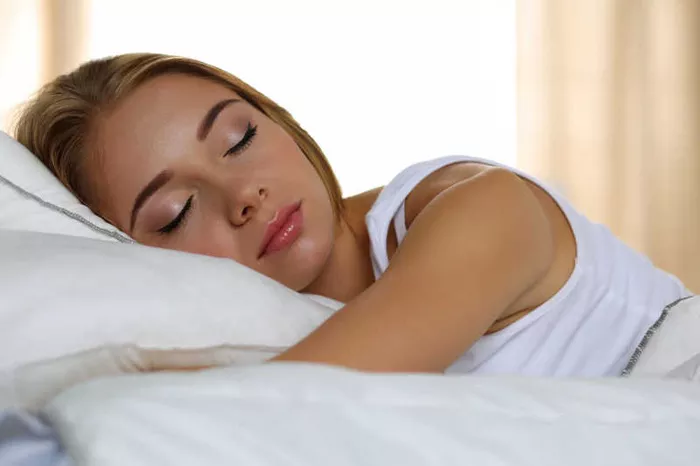Undergoing a hair transplant is a significant decision that requires careful post-operative care to ensure optimal results. One of the most crucial aftercare instructions is sleeping in an upright position for the first few nights following the procedure. This practice may seem unusual, but it plays a vital role in protecting newly implanted grafts and minimizing complications.
The Science Behind Sleeping Upright
Preventing Graft Dislodgement
The newly transplanted hair follicles are extremely delicate during the initial healing phase. Any friction or pressure on the scalp can dislodge the grafts before they securely anchor into the recipient area. Sleeping upright reduces the risk of accidental rubbing against pillows or bedding, ensuring the grafts remain undisturbed.
Reducing Swelling and Fluid Accumulation
Swelling is a common side effect after a hair transplant due to the trauma inflicted on the scalp. Elevating the head helps mitigate fluid retention by promoting lymphatic drainage. Gravity assists in redirecting excess fluids away from the forehead and facial areas, preventing severe edema that could otherwise delay recovery.
Optimal Healing Environment
Enhancing Blood Circulation
Proper blood flow is essential for delivering oxygen and nutrients to the newly implanted follicles. Lying flat can impede circulation, whereas an elevated position encourages steady blood supply, fostering faster healing and better graft survival rates.
Minimizing Risk of Infection
Keeping the head elevated reduces contact with surfaces that may harbor bacteria. Since the scalp is vulnerable post-surgery, maintaining a clean and unobstructed healing environment lowers the chances of infection, which could compromise the transplant’s success.
How to Sleep Upright Correctly
Using a Recliner or Adjustable Bed
A reclining chair or an adjustable bed set at a 45-degree angle provides the ideal support for upright sleeping. This position ensures comfort while keeping the head elevated throughout the night without straining the neck or back.
Supporting the Neck with Pillows
If a recliner is unavailable, stacking pillows behind the back and neck can simulate an inclined position. However, care must be taken to avoid excessive bending, which may inadvertently increase pressure on the transplanted area.
Duration of Upright Sleeping
First 3-5 Nights Are Critical
The initial days post-surgery are the most sensitive, requiring strict adherence to upright sleeping. Most surgeons recommend maintaining this position for at least three to five nights, depending on individual healing progress.
Gradual Transition to Normal Sleeping
After the critical period, patients can slowly transition to a semi-upright position before resuming normal sleeping habits. However, sudden flat sleeping should still be avoided until the scalp has sufficiently healed.
Common Mistakes to Avoid
Ignoring Elevation Recommendations
Some patients underestimate the importance of sleeping upright, leading to unnecessary graft damage or prolonged swelling. Compliance with medical advice is crucial for achieving desired results.
Using Tight Headwear at Night
While protective headgear may be advised during the day, wearing it at night can create friction. Opting for loose, breathable coverings or none at all while sleeping upright is preferable.
Additional Considerations for Optimal Recovery
Managing Discomfort While Sleeping Upright
Many patients find it challenging to adjust to sleeping in an elevated position, especially if they are accustomed to lying flat. To improve comfort, it is advisable to use a travel neck pillow or a soft cushion to support the head and prevent stiffness. Additionally, wearing loose, breathable clothing can help regulate body temperature, as some individuals may experience night sweats due to post-surgical stress. Keeping the room cool and well-ventilated further enhances sleep quality.
The Role of Medications in Post-Operative Care
Surgeons often prescribe anti-inflammatory medications to minimize swelling and pain, which can also contribute to better sleep. However, patients should avoid sleeping aids unless explicitly approved by their doctor, as some medications may increase the risk of accidental head movement during sleep. Staying hydrated and avoiding caffeine before bedtime can also promote restful sleep without compromising graft safety.
Monitoring Healing Progress
While sleeping upright is essential, patients should also pay attention to other signs of healing, such as reduced redness and scabbing. If excessive swelling or discomfort persists beyond the recommended period, consulting the surgeon is crucial to rule out complications. Following a balanced diet rich in vitamins and proteins can further accelerate recovery, ensuring the transplanted follicles receive the nutrients needed for strong, healthy growth.
By adhering to these additional guidelines, patients can maximize their comfort and ensure the best possible outcome from their hair transplant procedure.
Conclusion
Sleeping upright after a hair transplant is a non-negotiable aspect of post-operative care that significantly impacts the success of the procedure. By preventing graft dislodgement, reducing swelling, and promoting an optimal healing environment, this practice ensures the longevity and density of newly transplanted hair. Patients who follow this guideline diligently, along with other aftercare instructions, are more likely to enjoy natural-looking, long-lasting results. Always consult with your surgeon for personalized recommendations tailored to your specific needs.
Related Topics:

